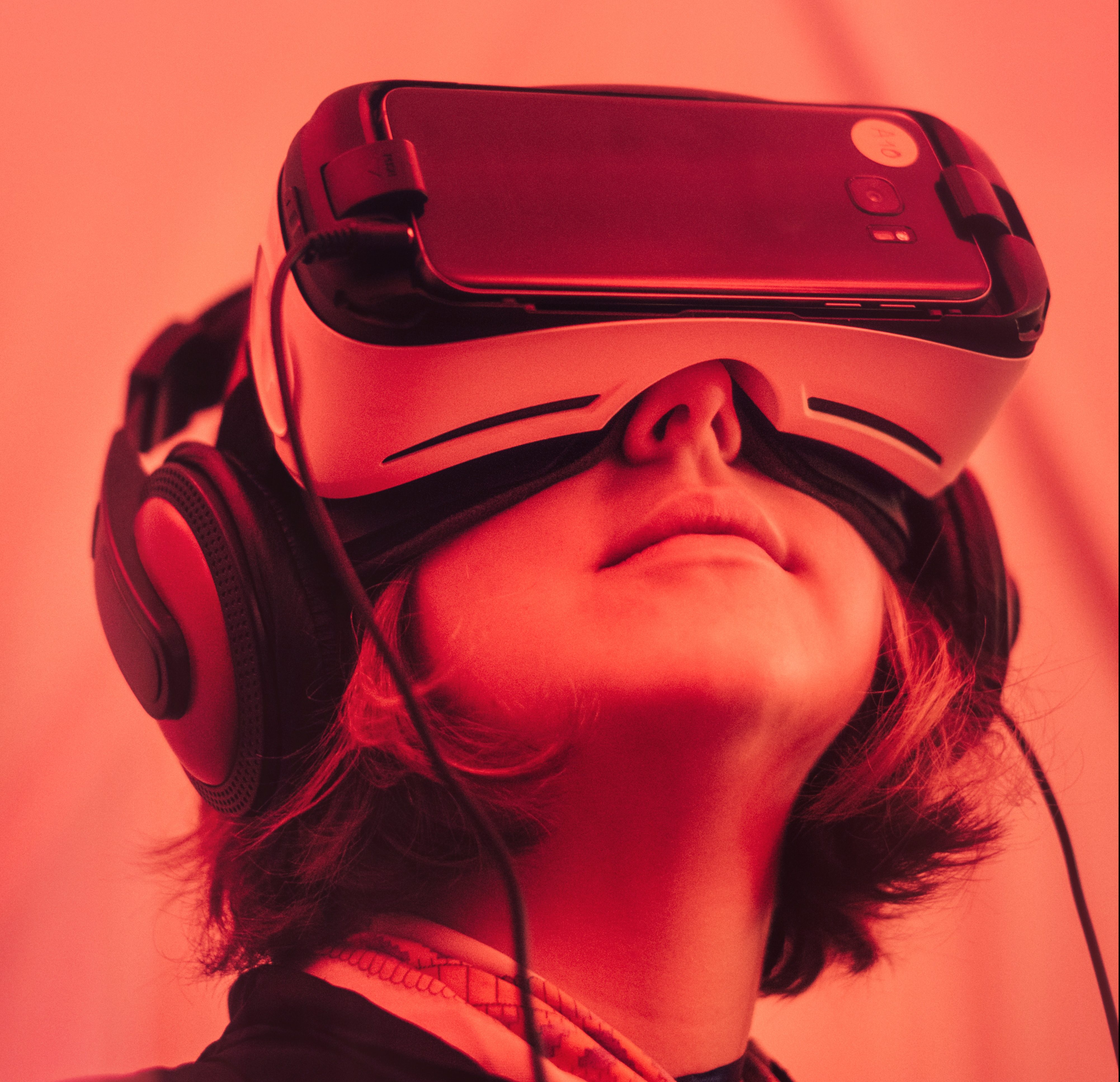A recent video (http://insider.foxnews.com/2018/10/30/new-york-times-report-tech-elites-keeping-devices-out-their-childrens-schools) elucidated a very concerning, yet common phenomenon – scientific misuse. In the segment, the commentator suggests that technology is poisoning children and the guest discusses how tablets being brought into the classroom are not magically making education better, that depression and anxiety are on the rise, and that technology is the underlying culprit because it is destroying brains.
When we make accurate statements mixed with inaccurate attributions, we confuse reality by misusing information.
It is true that depression and anxiety are the on the rise – but for many, many reasons that have nothing to do with technology.
It is true that technology has created access to information all the time, from everywhere, to include social media.
It is also true that overloading the mind with data, especially emotionally-laden data, can shut down the reasoning centers of the brain and be detrimental to development and functioning.
HOWEVER, and it’s a big however, technology is the tool, not the culprit. To say that technology should be banned because it gives you access to both good and harmful material is like saying we should never drive cars because although they provide us with transportation we need, they also put out emissions into the air and some people are hurt physically or financially in accidents. Some people even die. Can you imagine an ad campaign that strung together a series of deadly accidents and concluded one should never drive again?

This is an interesting analogy though because we do make these kinds of ads but they most often fall into two categories: 1) Don’t drink and drive and 2) Don’t text and drive. Why? Because it isn’t the car that’s evil, it’s the misuse of it that causes the accidents.
Getting the right diagnosis of any problem is imperative. Otherwise, when you give everyone with a headache Tylenol…boy will the family of the guy who had an aneurysm be upset when he dies.
Technology is a tool, not a teacher. It provides access to information we can’t reach in a book like talking to an astronaut or creating a schematic drawing of a building we can imagine but can’t yet draw. But overuse or misuse of technology can be harmful just as too many strawberries or too much exercise or too much relaxation can be harmful as well.
We need to remember that the rule of moderation has merit, that the goal of science is to diagnose and treat with clarity, and that face-validity (when something sounds real but might not be) is a dangerous use of science.
If we don’t respect these rules, it is nearly impossible to separate fact from fiction and eventually it will undermine the truth across communities, topics, and the nation. Decisions based on fear should be made with extreme caution and any time a recommendation involves all or nothing ideas, it is rarely the wisest choice. As a nation, we need to be good consumers of information and question sources, ideas, and others often.

